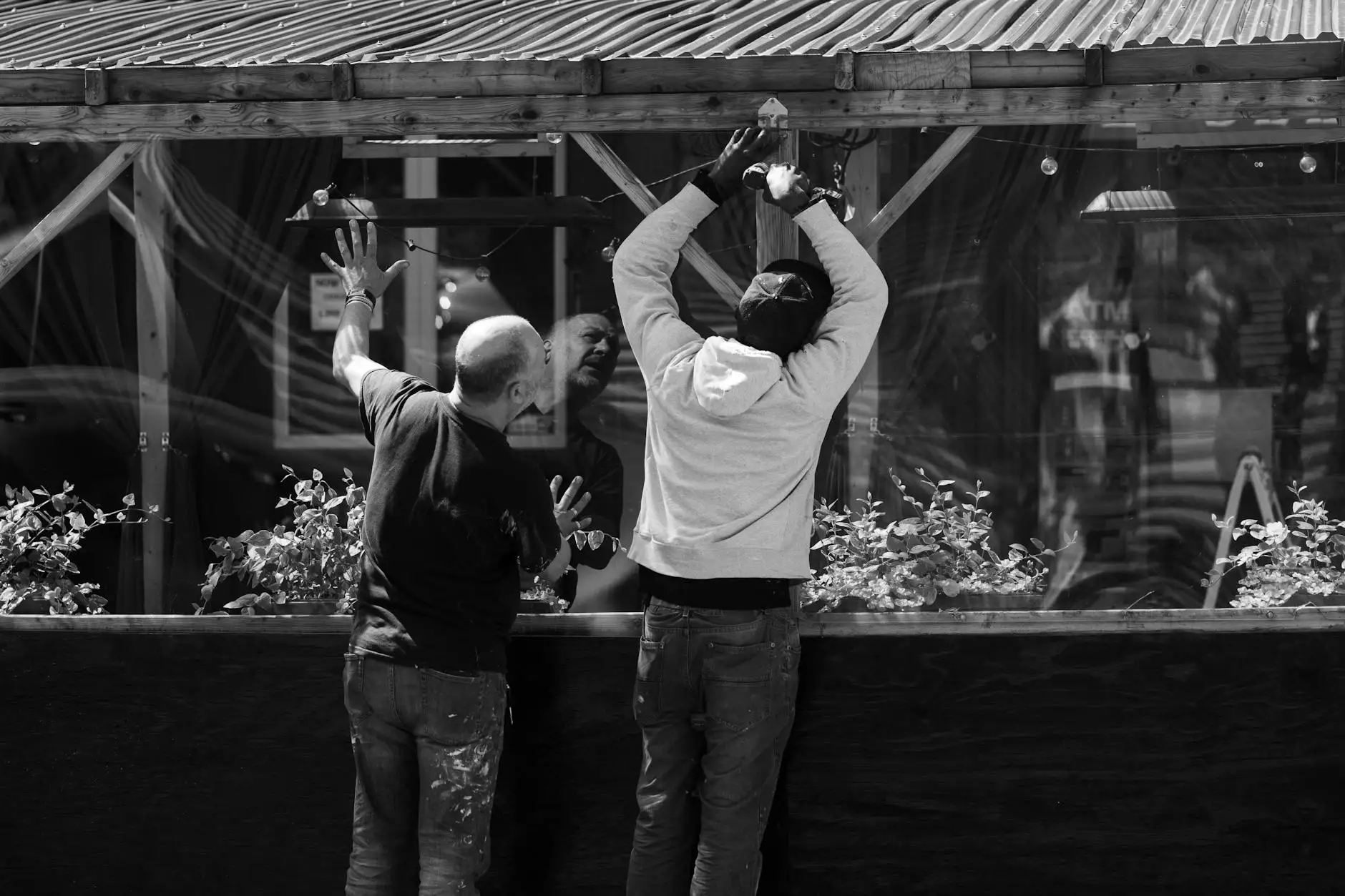Unleashing Team Potential: The Importance of Team Building Events

Team building events are essential to fostering a healthy work environment. These activities create opportunities for relationships to flourish, improve communication, and enhance productivity. In this article, we will delve deep into the significance of team building events, explore diverse activities, and highlight how they contribute to a more productive and cohesive workforce.
The Need for Team Building Events
In today’s fast-paced business world, the dynamics of team interaction have changed significantly. The traditional office setup has evolved, and teams often find themselves disconnected. This disconnect can lead to reduced morale, diminished collaboration, and eventual productivity declines. Hence, implementing team building events becomes vital.
Key Benefits of Team Building Events
- Improved Communication: Team building exercises encourage open dialogue among members, breaking down barriers.
- Increased Trust: When team members engage in activities together, they begin to trust each other more, enhancing collaboration.
- Enhanced Creativity: Engaging in fun and challenging exercises stimulates creativity, fostering an environment where new ideas can flourish.
- Conflict Resolution: Activities that require teamwork can help resolve underlying conflicts by encouraging understanding and cooperation.
- Boosted Morale: Fun events provide a break from routine, contributing to overall job satisfaction and employee happiness.
Types of Team Building Events
There is a myriad of team building events available, each catering to different needs and objectives. Understanding these options allows companies to tailor activities that best fit their team dynamic. Below are some popular categories of team building events:
1. Outdoor Team Building Activities
Outdoor activities promote physical engagement and require team members to collaborate in a different environment. Examples include:
- Obstacle Courses: Teams navigate a series of physical challenges that require cooperation and strategy.
- Scavenger Hunts: These combine fun with problem-solving as teams race against time to complete challenges.
- Adventure Sports: Activities like kayaking, rock climbing, or zip-lining build trust and camaraderie.
2. Indoor Team Building Events
For those preferring a controlled environment, indoor events can be equally effective. Activities include:
- Escape Rooms: Teams must work together to solve puzzles and escape within a time limit, fostering teamwork under pressure.
- Workshops: These can focus on skills such as communication, leadership, or creative thinking.
- Cooking Competitions: Teams collaborate to create dishes, which encourages creativity and teamwork.
3. Virtual Team Building Events
With the rise of remote work, virtual team building events have gained popularity. These events include:
- Online Quizzes and Trivia: Fun and competitive, these events promote engagement among remote team members.
- Virtual Workshops: Interactive sessions allowing employees to learn new skills while connecting with colleagues.
- Online Gaming: Engaging in multiplayer games can foster teamwork and friendly competition.
Planning Effective Team Building Events
To reap maximum benefits from team building events, careful planning is essential. Here are key steps to consider:
1. Define Objectives
Before organizing any activities, it is crucial to identify the specific goals you wish to achieve. Whether it’s improving communication, fostering collaboration, or simply boosting morale, having clear objectives will guide your planning process.
2. Assess Team Dynamics
Understanding your team's unique dynamics will help in selecting appropriate activities. Consider factors such as:
- Team size
- Personality types
- Existing conflicts
- Geographical locations (for hybrid teams)
3. Choose Suitable Activities
Select activities that align with your objectives and are enjoyable for the team. Variety is key; incorporating both physical and intellectual challenges can cater to different preferences.
4. Set a Budget
Determine how much you are willing to invest in these events. Budgeting properly ensures that you can provide the best experience possible without overspending.
5. Gather Feedback
After the activities, collecting feedback is crucial. This not only helps assess the success of the events but also provides insights for future planning. Ask questions about what worked well and what could be improved.
Long-term Impact of Team Building Events
Investing in team building events pays dividends long after the events have concluded. Organizations that prioritize team cohesion enjoy lower turnover rates, improved employee engagement, and enhanced overall performance.
1. Cultivating a Collaborative Culture
Effective team building fosters a culture of collaboration where team members support each other and work towards common goals. This culture not only improves relationships but also leads to innovative solutions.
2. Increased Retention Rates
Organizations that invest in team building report higher employee satisfaction, leading to increased retention rates. When employees feel valued and connected, they are less likely to seek opportunities elsewhere.
3. Constructive Feedback Loop
Team building activities create a safe space for providing constructive feedback. Encouraging openness cultivates a learning environment that allows individuals to grow personally and professionally.
Conclusion: The Path Forward
In conclusion, team building events are not just fun outings; they are crucial components of a successful organizational strategy. By dedicating time and resources to these activities, businesses can create cohesive environments where employees thrive, productivity soars, and a positive workplace culture prevails. Companies like Fadi Hassoun excel in providing tailored experiences to enhance team dynamics through effectively planned events.
Invest in your team today; the rewards will speak for themselves tomorrow. Remember, a successful team is the backbone of any thriving organization!









